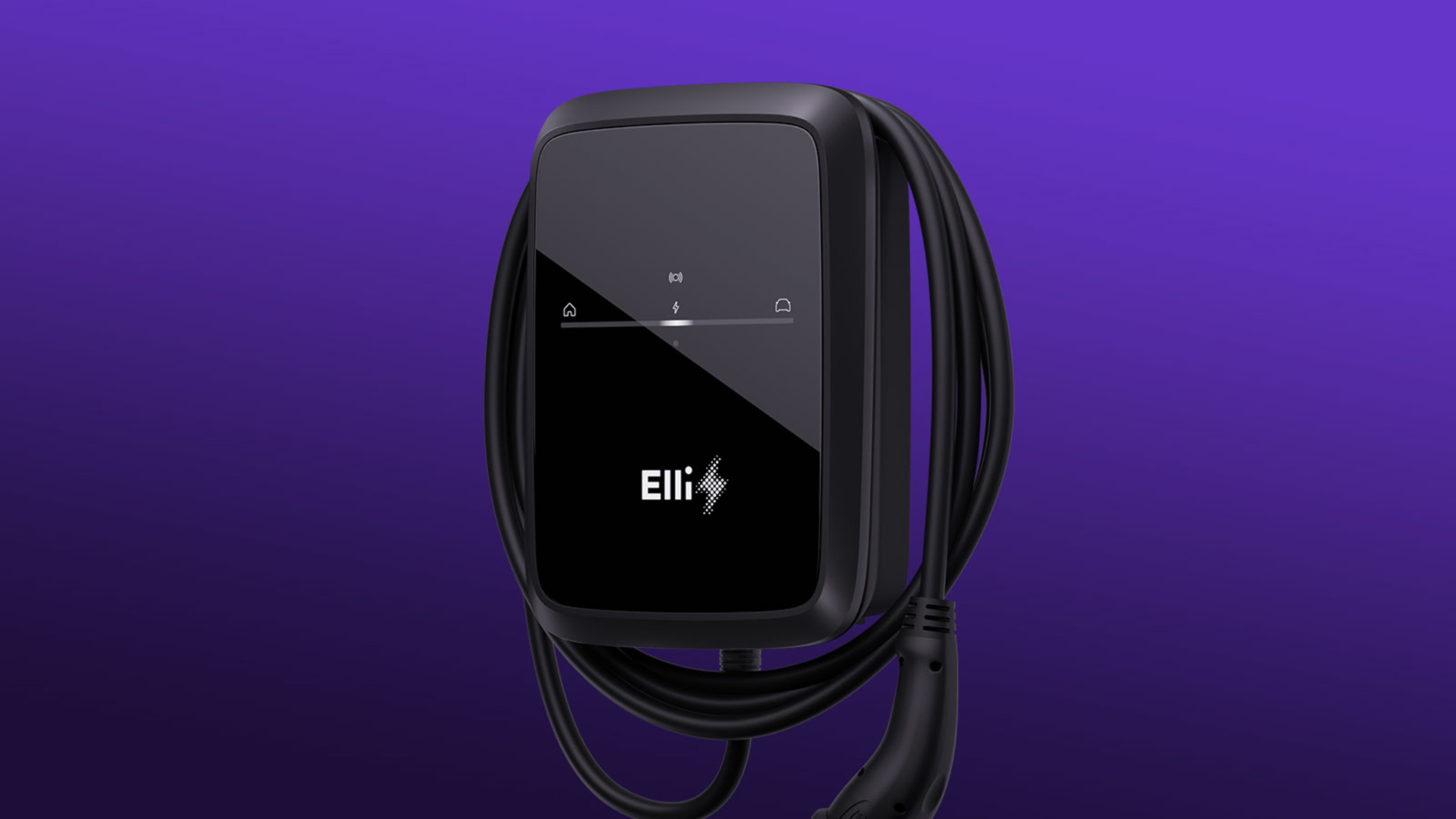Volkswagen’s Elli Charger 2 will fuel EVs with solar power – Innovation News Network
Volkswagen Group brand Elli has recently launched the Elli Charger 2, which will enable customers to charge their EVs with solar power.
The Elli Charger 2 boasts an array of advanced EV charging features that Volkswagen says will significantly reduce charging costs.
Customers can now purchase a Volkswagen EV, charger, and electricity tariffs from a single source and will be able to purchase a solar panel system to power the charger through selected Volkswagen sales channels.
At the product launch, Elli announced a strategic partnership with European solar panel developer Otovo01, which will provide home solar energy solutions for their customers.
Giovanni Palazzo, CEO of Elli and SVP of Volkswagen Group Charging & Energy, commented: “To drive e-mobility, we have to make the charging experience simpler and significantly more cost-effective for customers.
“This is where the new Elli Charger 2 shines. It charges when solar energy is available, and electricity prices are at their lowest.
“The smart charging functions not only provide real cost savings for customers but also represent a milestone in the use of renewable energy.”
Elli Charger 2 features
Elli developed the new charger with a strong emphasis on customer needs across its 28 European markets.
Besides lowering charging costs, the speed of charging is a key factor for buyers. The new Elli Charger 2 offers a variety of services to cater to regional variations in home energy systems.
Available in four versions, it can charge any EV with a Type-2 port. Enhanced with new metering features, cost transparency, and dynamic load management, the Elli Charger 2 is suitable for both private homes and commercial use.
Leveraging solar energy
Elli Charger 2 has the potential to utilise home solar energy production and use Volkswagen’s new market price-optimised charging, known as Naturstrom Flex02.
This enables EV charging with lower electricity prices when demand is low or renewable energies are highly available.
In July 2023, Elli obtained a license to trade on the European Power Exchange to facilitate this.
By optimising charging profiles according to electricity prices and utilising home solar energy, charging costs can be reduced by up to 40%.


